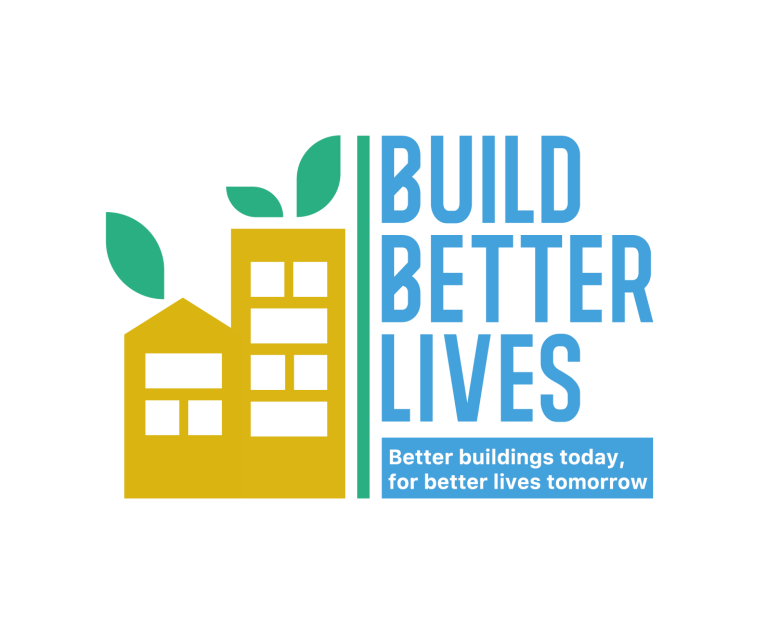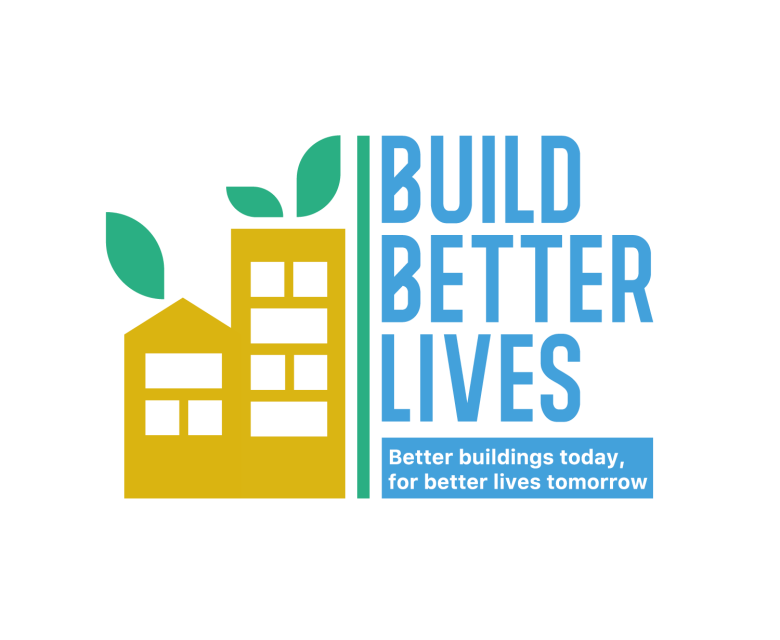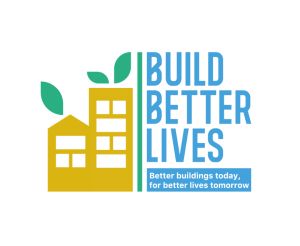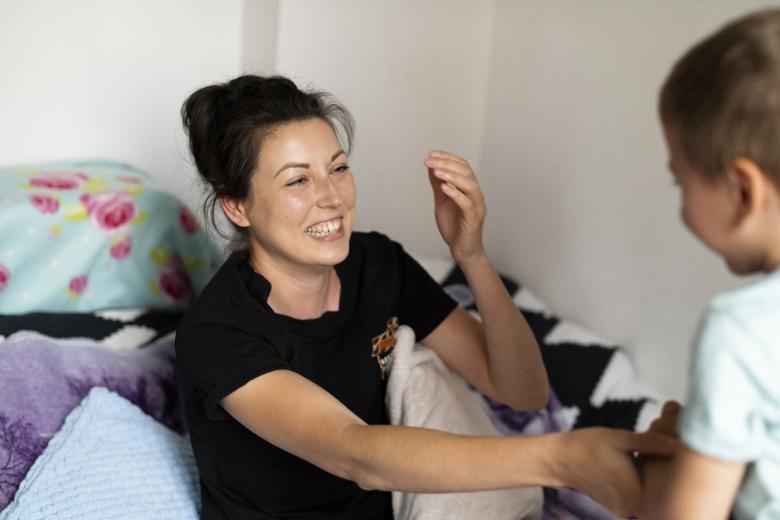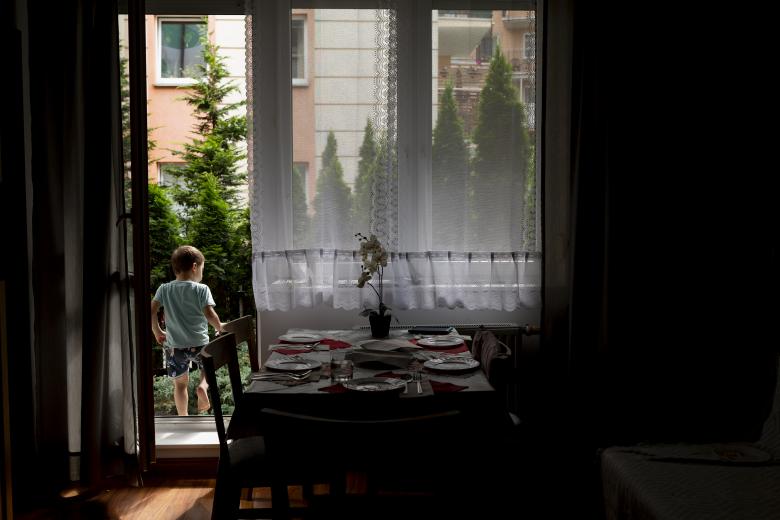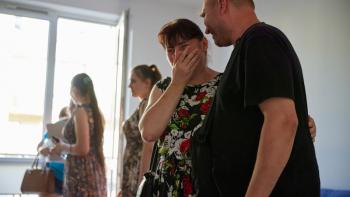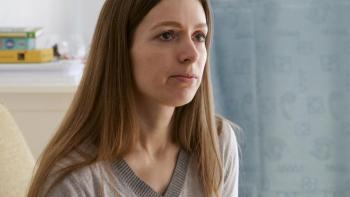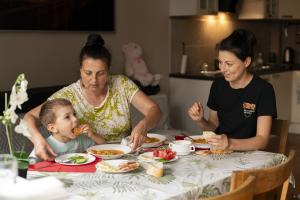What is energy poverty?
Energy powers communities. Healthcare workers and teachers depend on energy to heal and educate their communities. Energy keeps homes warm in the winter and cool in the summer.
Energy powers communities. Healthcare workers and teachers depend on energy to heal and educate their communities. Energy keeps homes warm in the winter and cool in the summer. Moreover, it fuels agricultural and manufacturing production, generating food, revenue, and jobs.
Energy’s presence is not just essential—it’s lifesaving, acting as an engine for economic growth and social development. However, access to affordable, reliable, quality, safe, and environmentally sound energy services isn’t evenly distributed.
Energy poverty emerges when families either lack access to modern energy services or allocate a significant portion of their income to energy bills. Those experiencing energy poverty find themselves in a relentless cycle, unable to afford the energy essential for their health, well-being, education, and quality of life.
The Energy Efficiency Directive offered the European Union its inaugural common definition of “energy poverty.” This refers to a household’s inadequate access to vital energy services. These services, indispensable for a decent standard of living and health, include adequate heating, hot water, cooling, lighting, and the energy to power appliances. Several factors contribute to this deficiency, including affordability challenges, constrained disposable income, high energy costs, and residences with subpar energy efficiency.
Even in areas where energy seems plentiful, inefficiencies and elevated costs burden families. Over 50 million people in the European Union grapple with energy poverty. Its effects intensify during the summer and winter, when the demand and expenses for cooling and heating surge.
The repercussions of energy poverty can be severe, especially as global warming accelerates and climatic conditions become erratic. The extreme heat in Europe during the summer of 2022 resulted in the tragic loss of more than 61,000 lives. In the winter of the same year, approximately 9% of European Union inhabitants struggled to maintain warmth in their homes.
Improving residential energy efficiency in Central and Eastern Europe
Habitat for Humanity addresses energy poverty in many ways. One example is through our work partnering with families to improve residential energy efficiency across Central and Eastern Europe. Nearly half of the housing stock in the region consists of large-scale residential buildings constructed between 1960 and 1990 with little-to-no consideration for energy efficiency. These aging, inefficient buildings combined with the region’s rising energy costs force families to spend a high share of their income on utility bills.
“In Europe, you’ll find energy poverty everywhere,” says Besim Nebiu, Habitat’s director of housing programs and regional operations for Central and Eastern Europe and the Commonwealth of Independent States. “In the winter months, your energy bill becomes your highest housing expense. Many families underheat their apartments and make compromises in their standard of living.”
Retrofitting old buildings can reduce energy consumption by 40-50%, which leads to direct savings and enables families to moderate the temperatures in their homes more affordably. Despite the advantages, building upgrades in the region require considerable investment and coordination among apartment owners.
Following mass privatization in the 1990s, residents became responsible for maintaining and managing their apartment blocks, a burden previously handled by the state. Without a proper system for upkeep, many buildings in the region fell into disrepair, including Mile’s 110-unit apartment complex in Skopje, North Macedonia.
Mile says his Yugoslavia-era building was a “horror situation” before partnering with Habitat. Pieces of the façade were falling, there was broken glass and the elevators had frequent outages. The building’s poor energy efficiency also left residents vulnerable to high energy costs.
Saving money and keeping warm in the winter
Mile rallied his neighbors to make a change. The municipality linked Mile to Habitat, who financed window replacements throughout the building by offering affordable loans to the apartment owners. “When the renovation of the façade and the windows were completed, we felt the effects through the heating bills. Our heating bills have been reduced by at least 30%,” Mile says.
For nearly 15 years, Habitat has been working in the region to empower and mobilize residents like Mile to make energy upgrades in their buildings. “We’re creating an ecosystem conducive of renovation at scale,” Besim explains. “We work with apartment owners, homeowner associations, municipalities, banks and financial institutions to bring about sustainable, mass renovation.”
In Europe, Habitat’s past and current energy-related projects span a dozen countries — Armenia, Bosnia and Herzegovina, Bulgaria, Croatia, Greece, Hungary, Lithuania, North Macedonia, Poland, Romania, Spain and Ukraine. This work has improved the energy efficiency of hundreds of buildings, helping thousands of homeowners save money and become more comfortable in their homes.
“Energy poverty is a housing issue”
Access to affordable and reliable energy is essential for meeting basic human needs, improving living standards and fostering sustainable and equitable communities. Besim says our expertise and thought leadership in the space puts us in a position to drive more people out of energy poverty.
“Energy poverty is not an energy issue; it’s a housing issue and a social issue. We know how impactful it can be to have access to affordable energy services. We’re well positioned to continue bringing actors together and making affordable renovations available to homeowners,” Besim says.

What is energy poverty?

